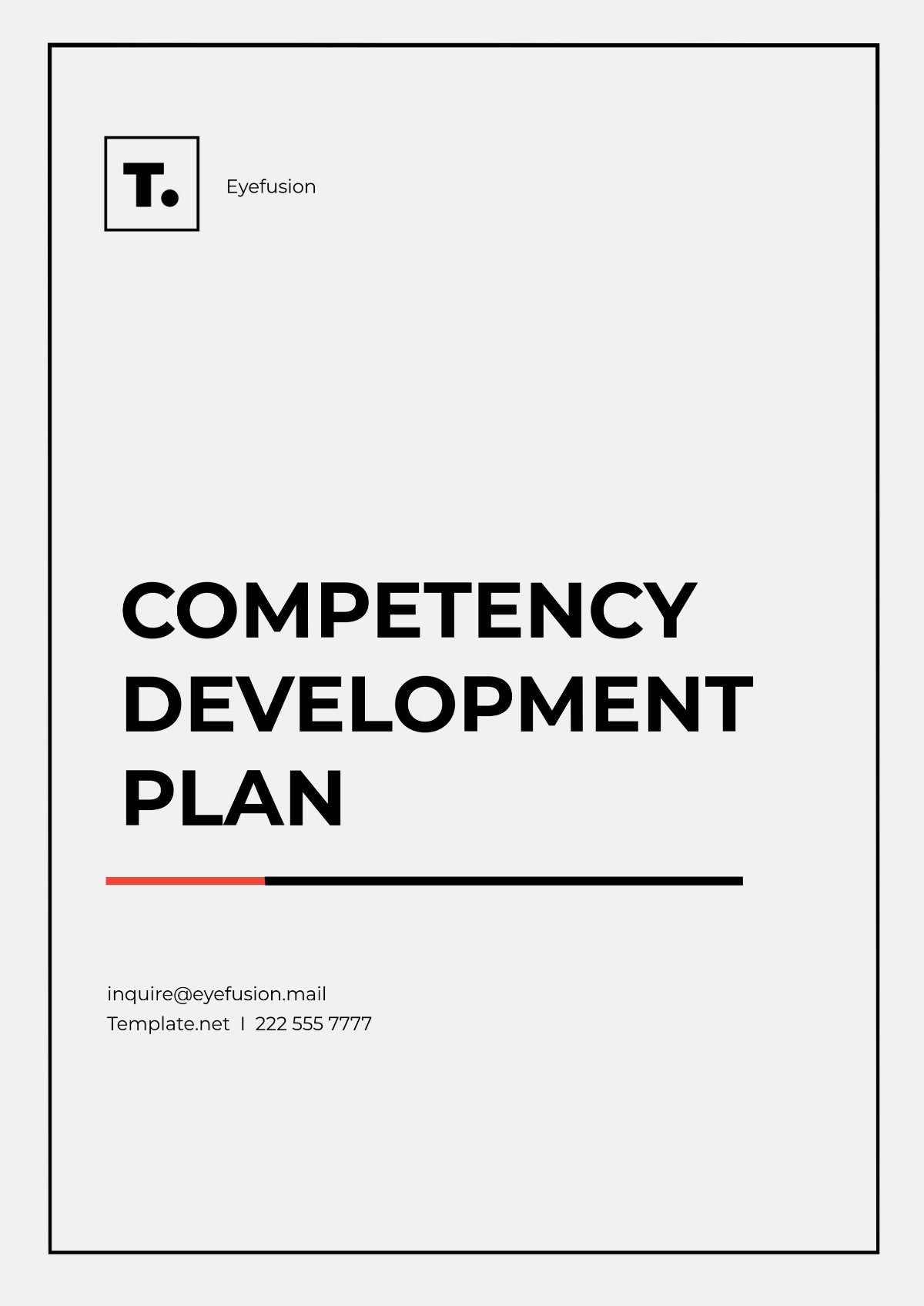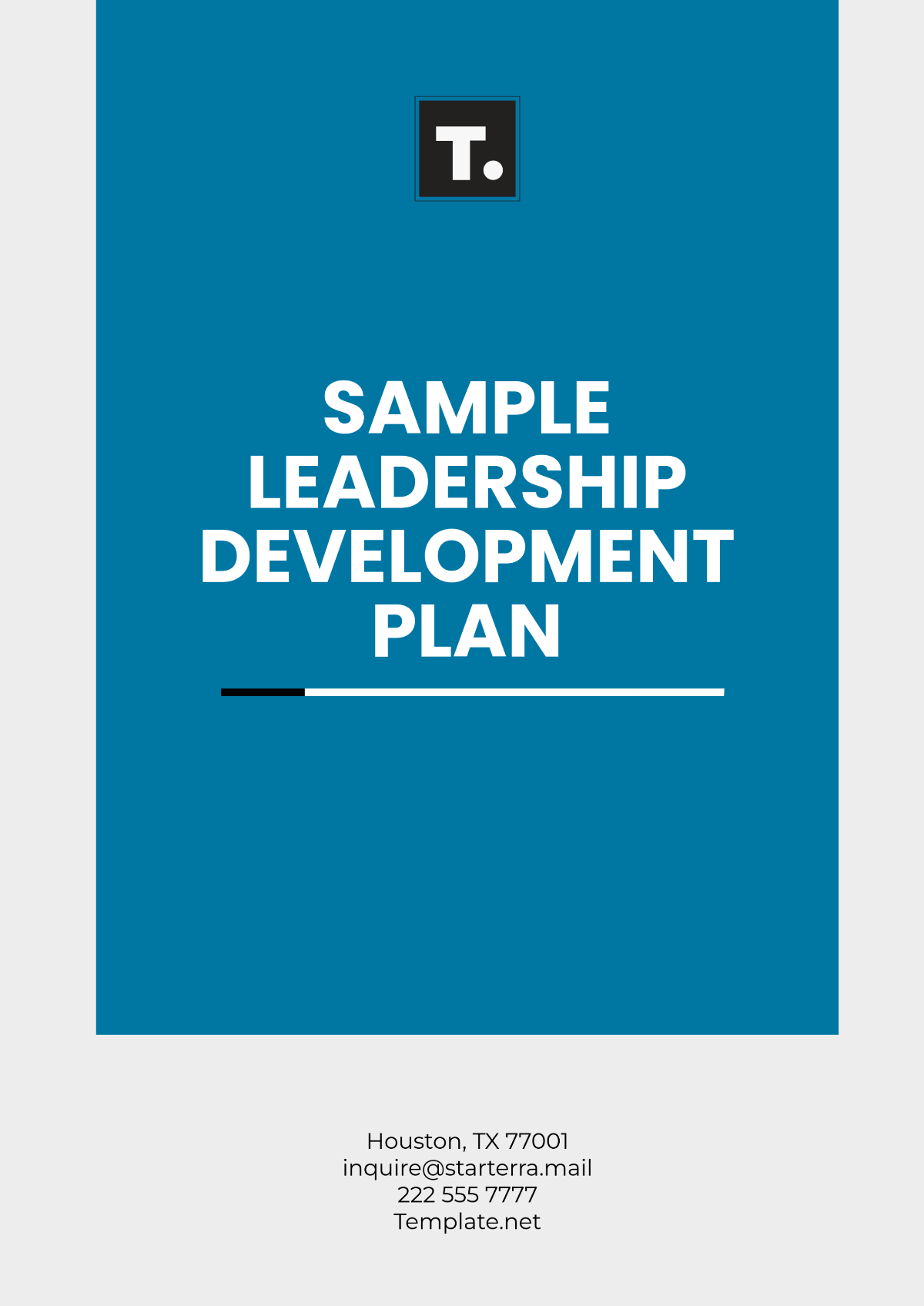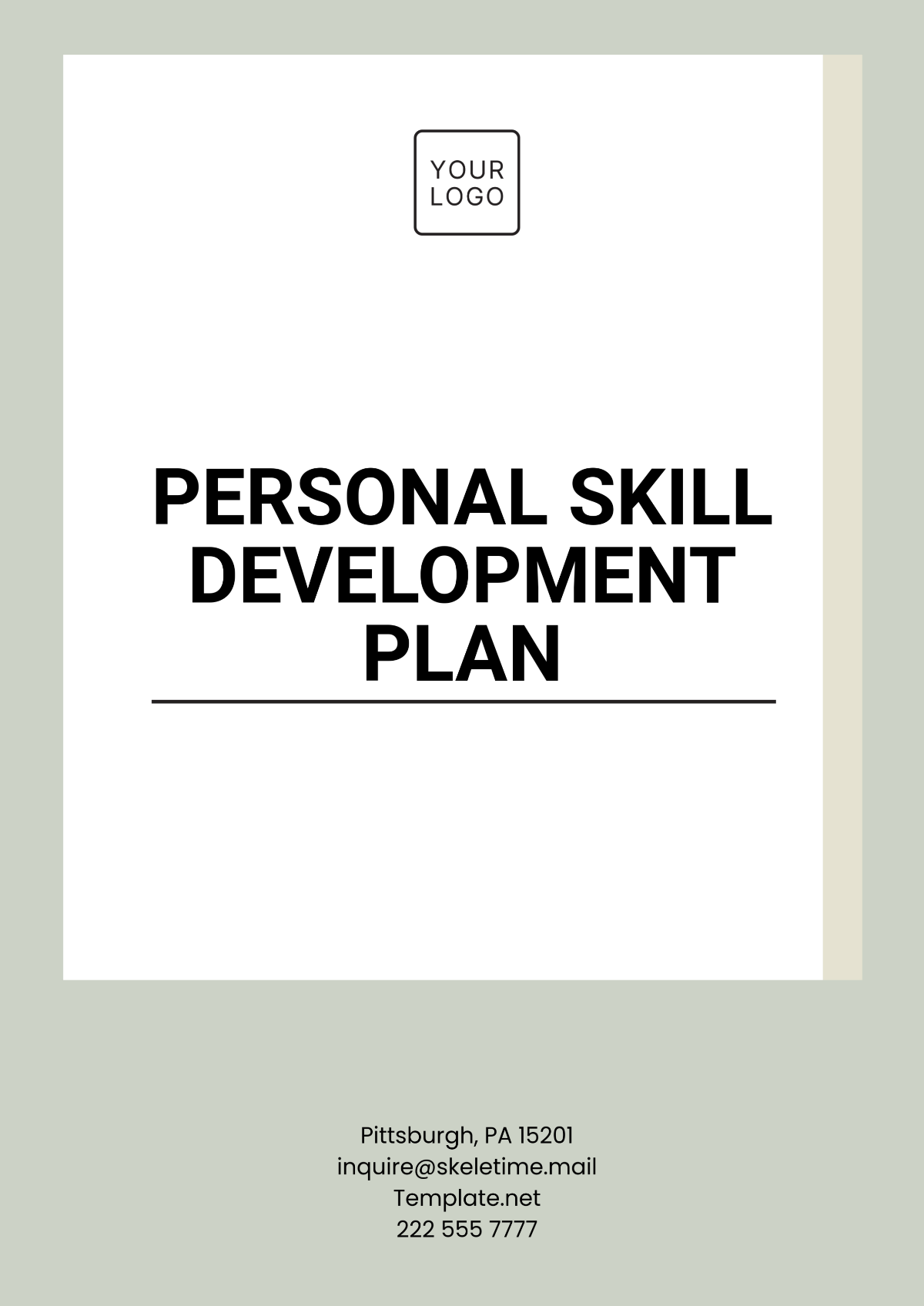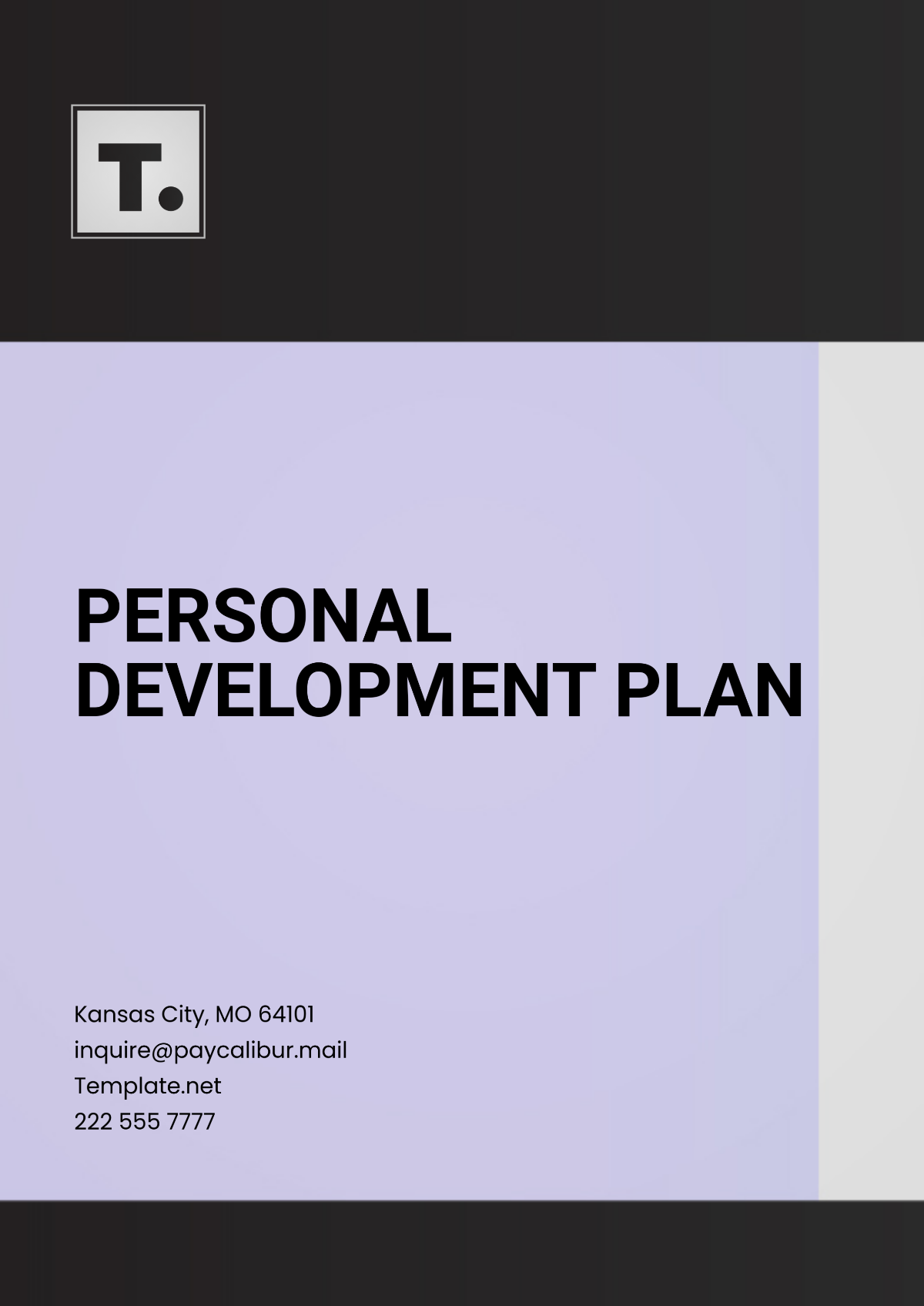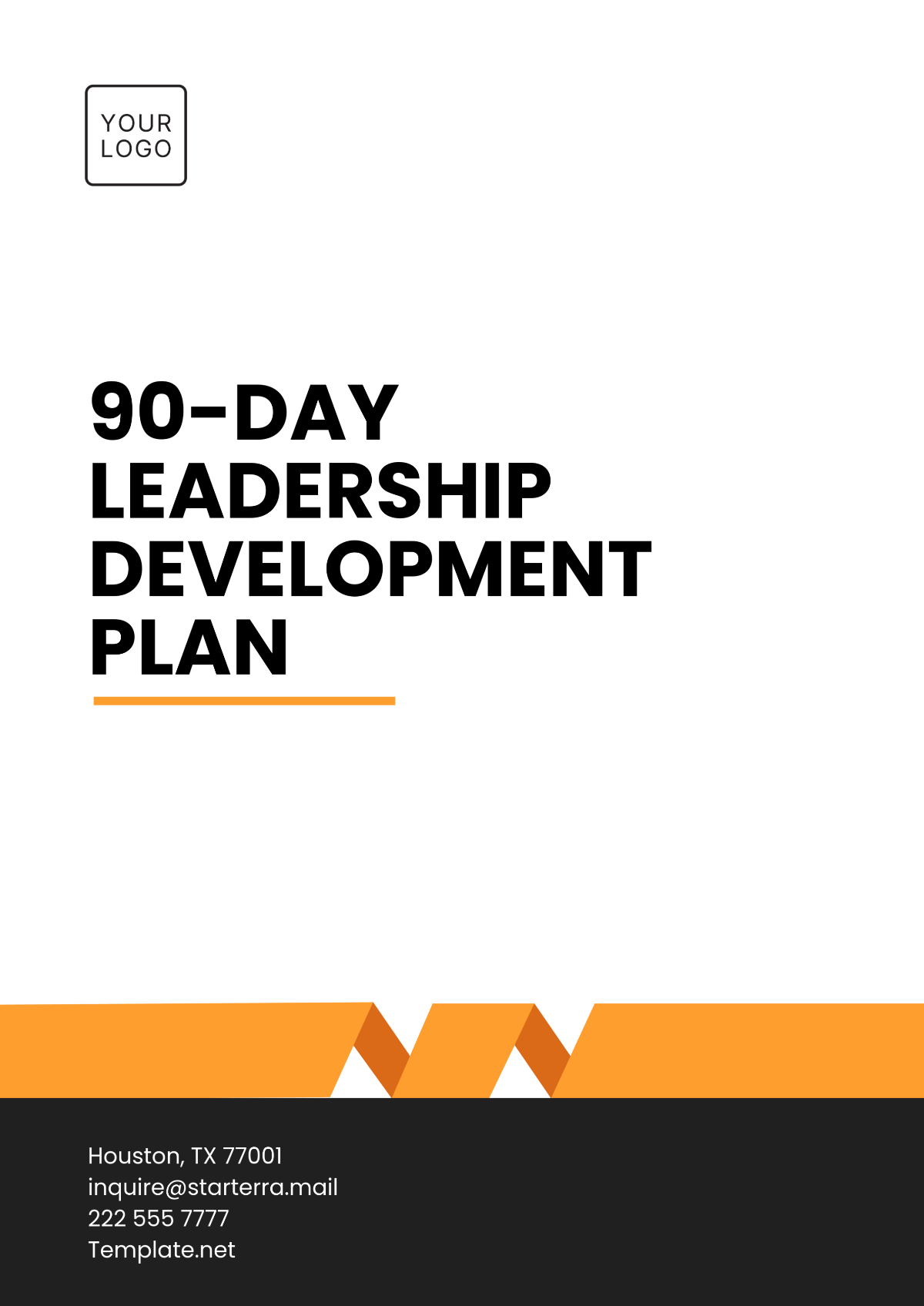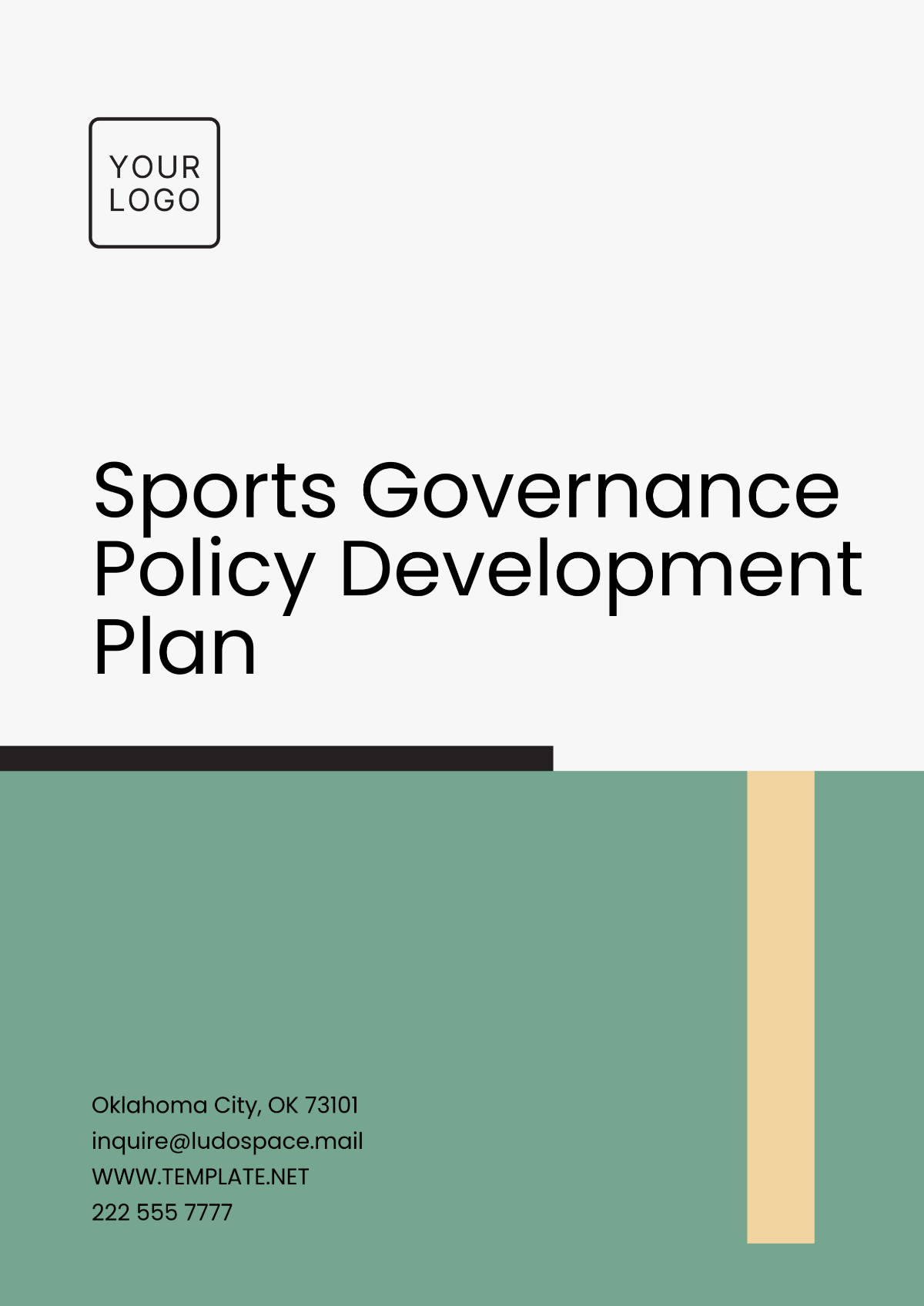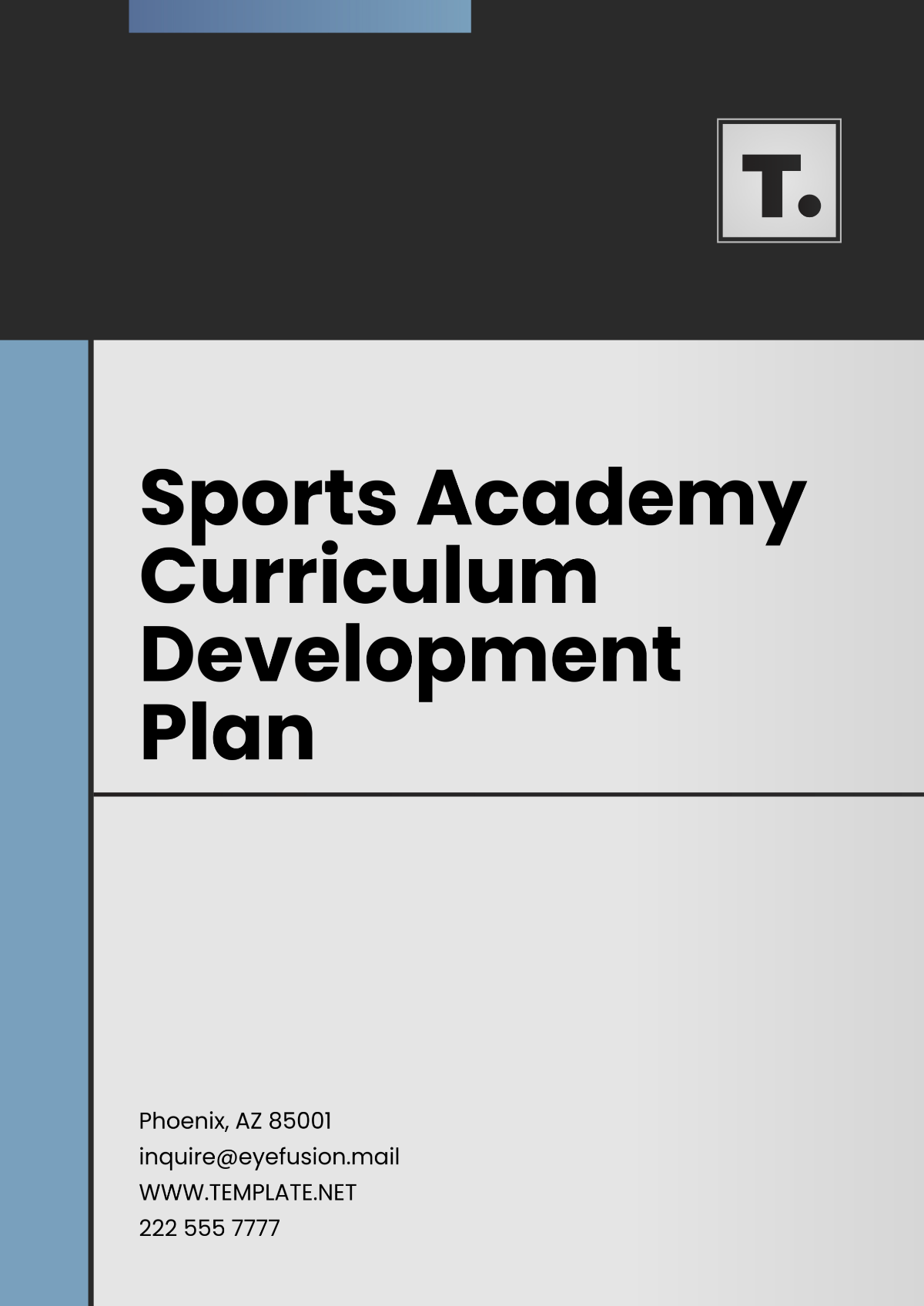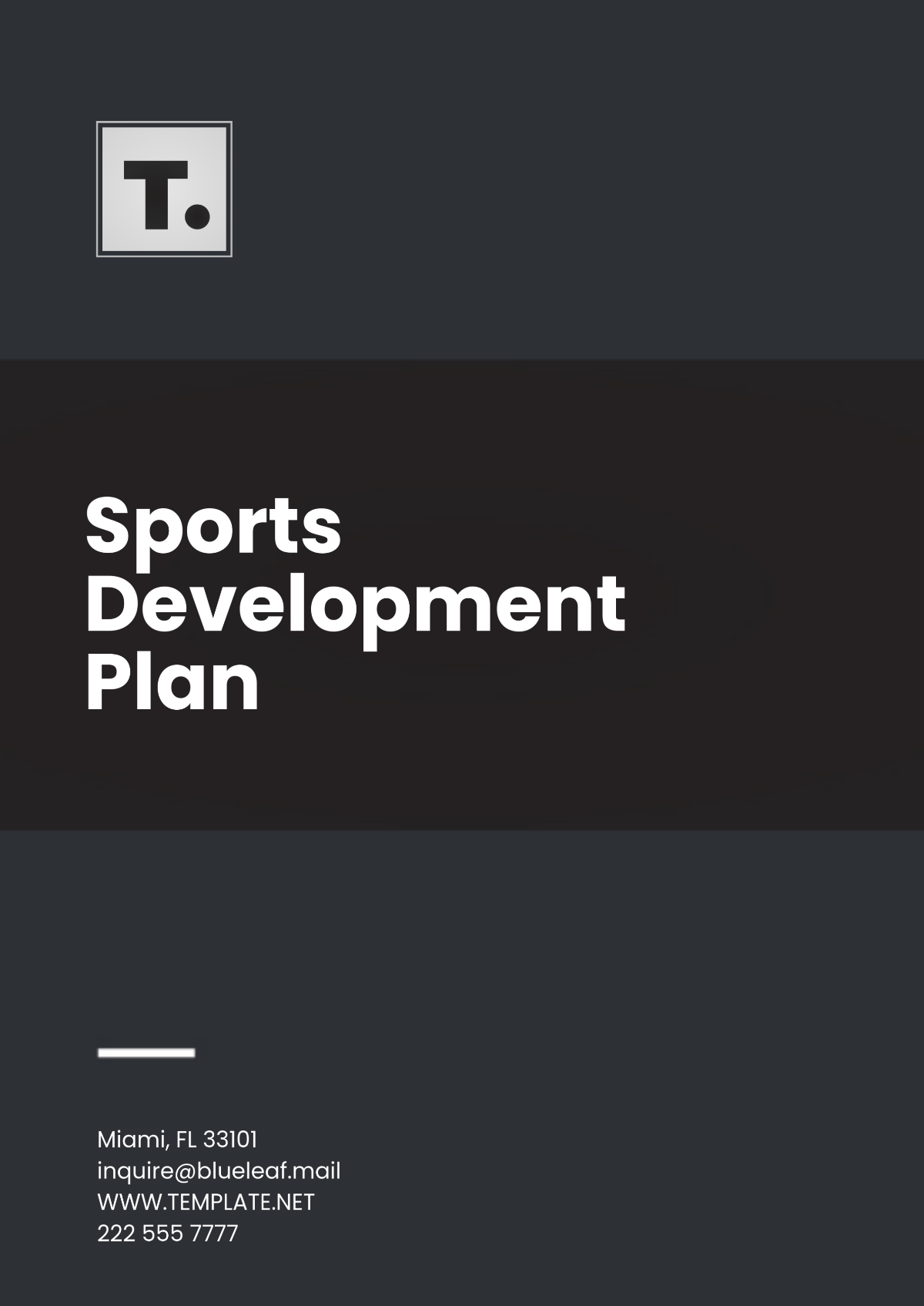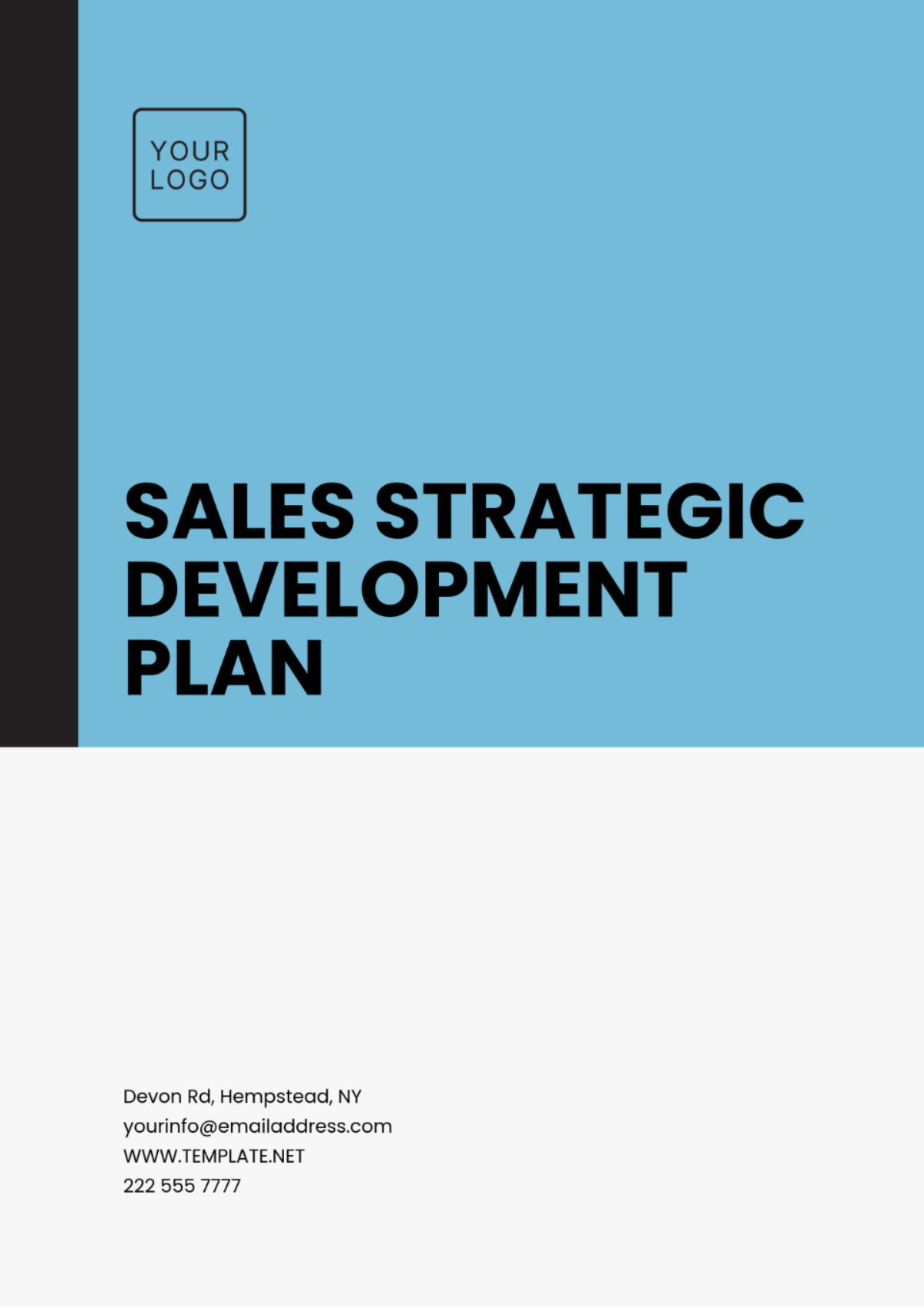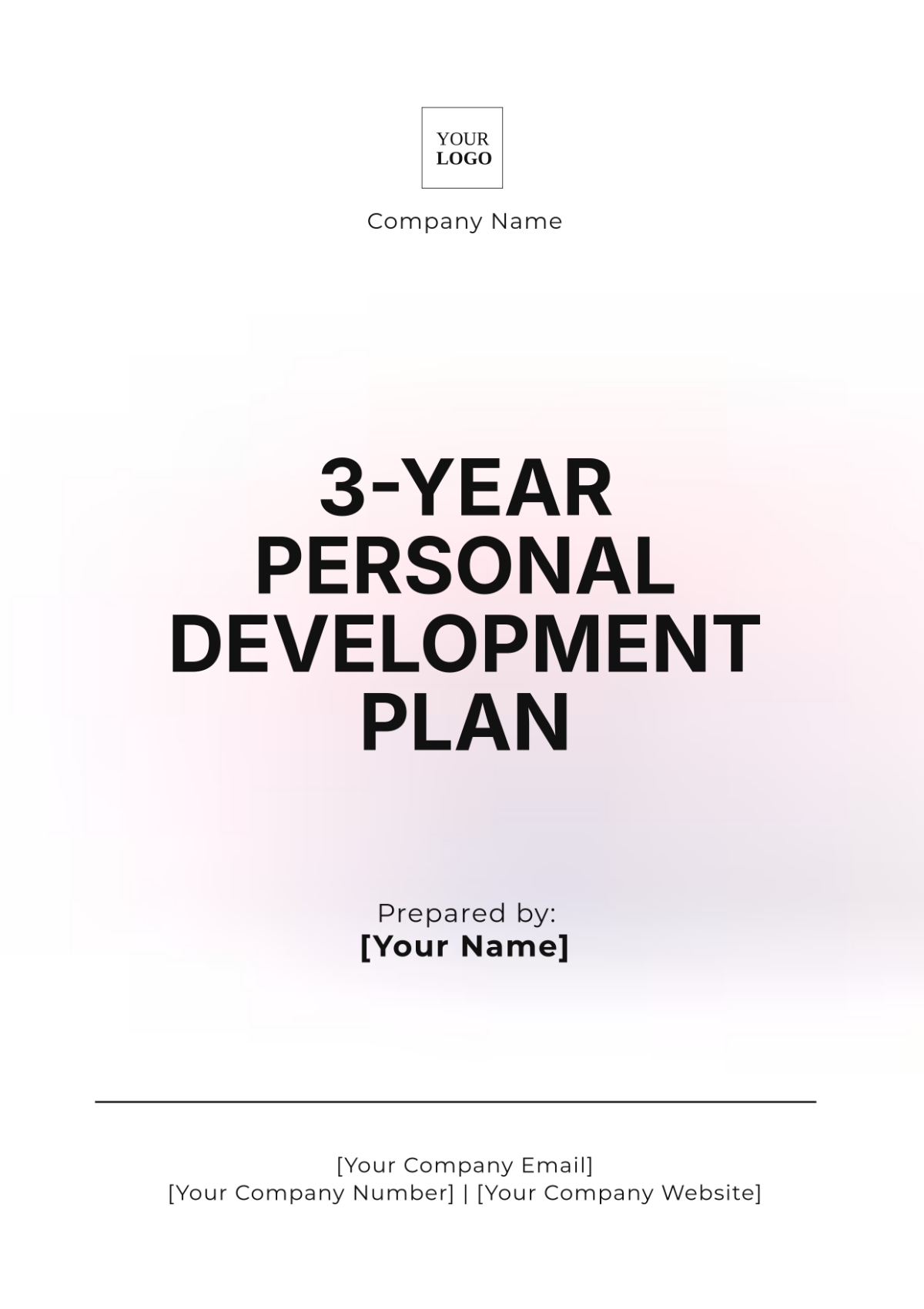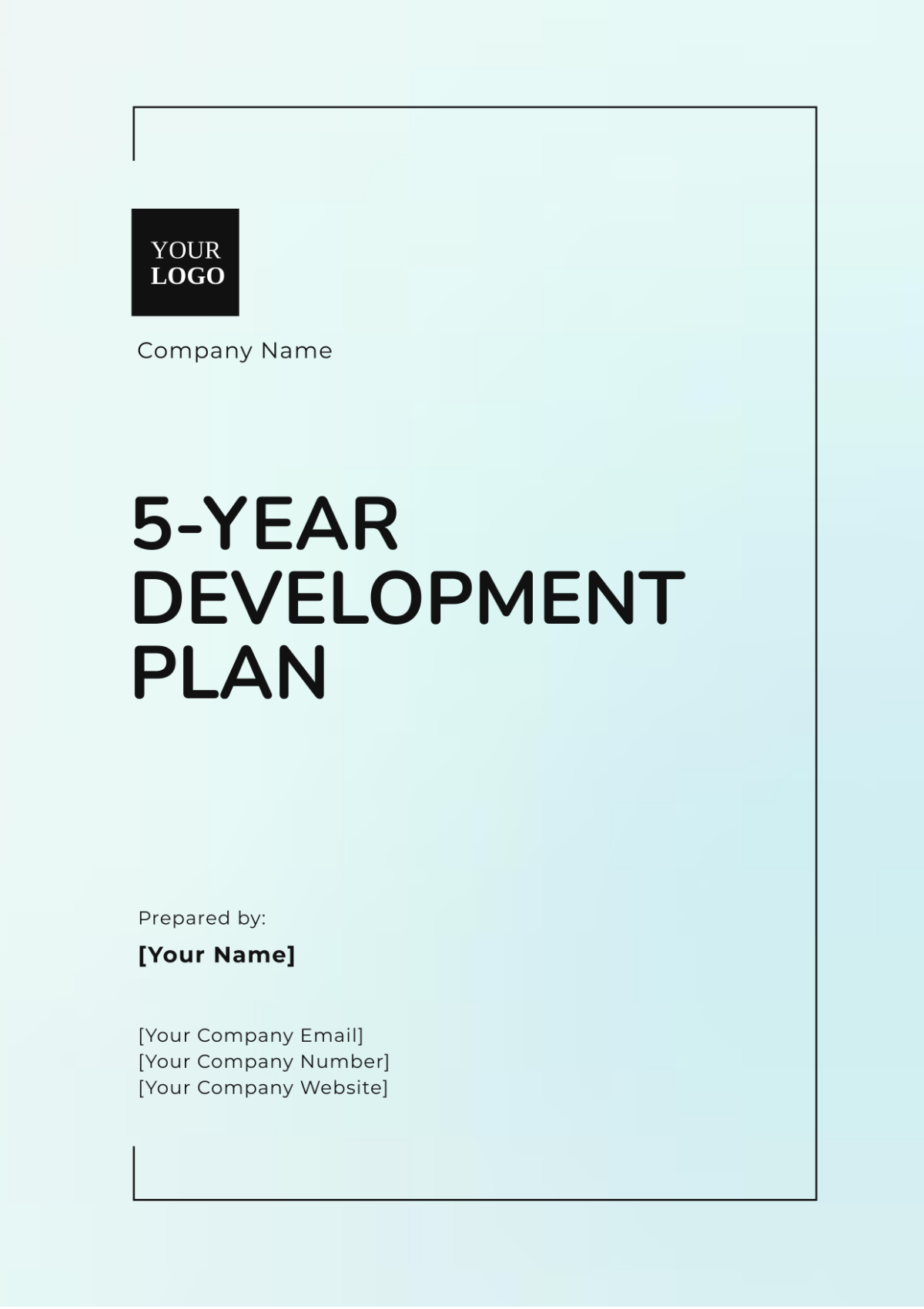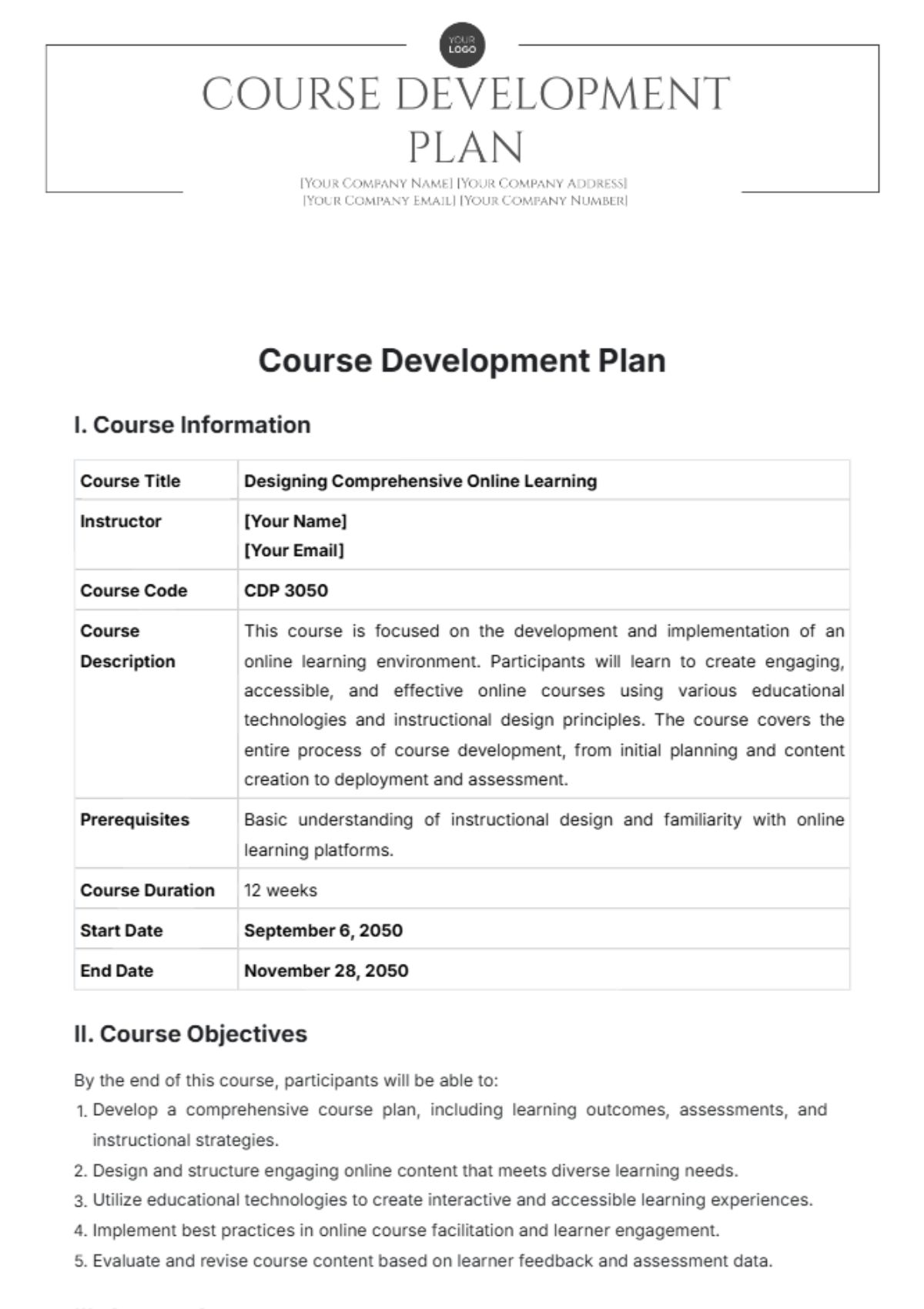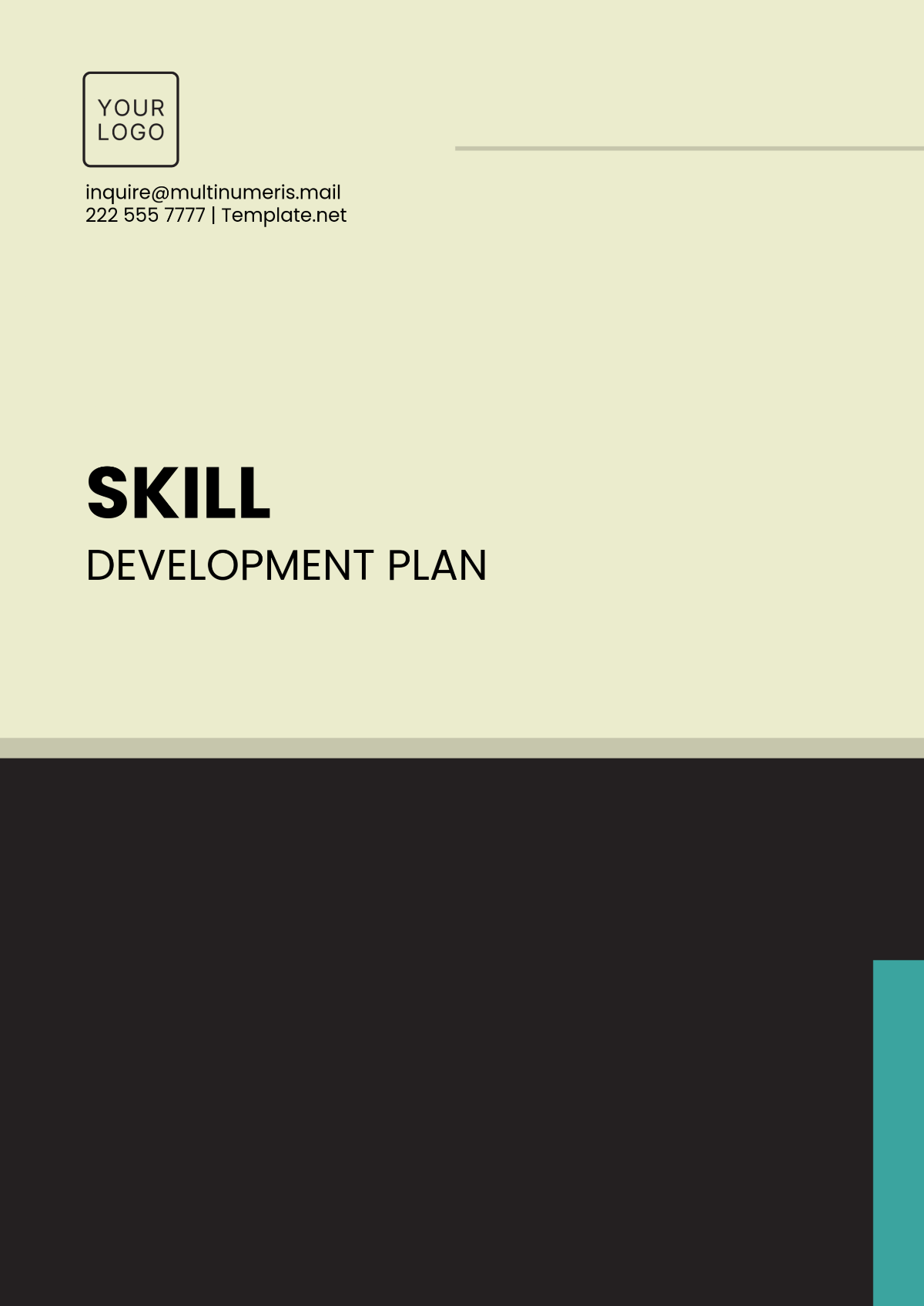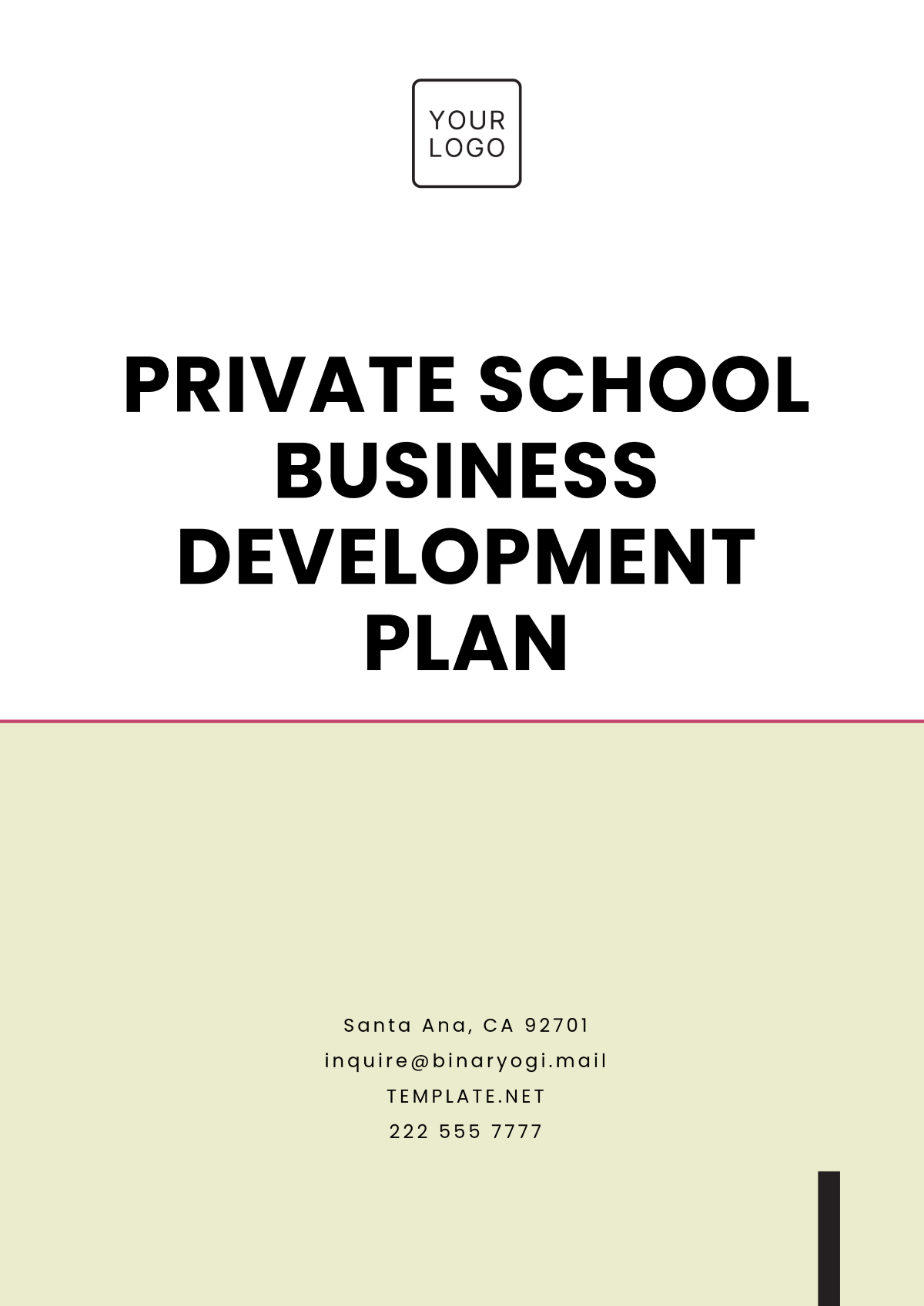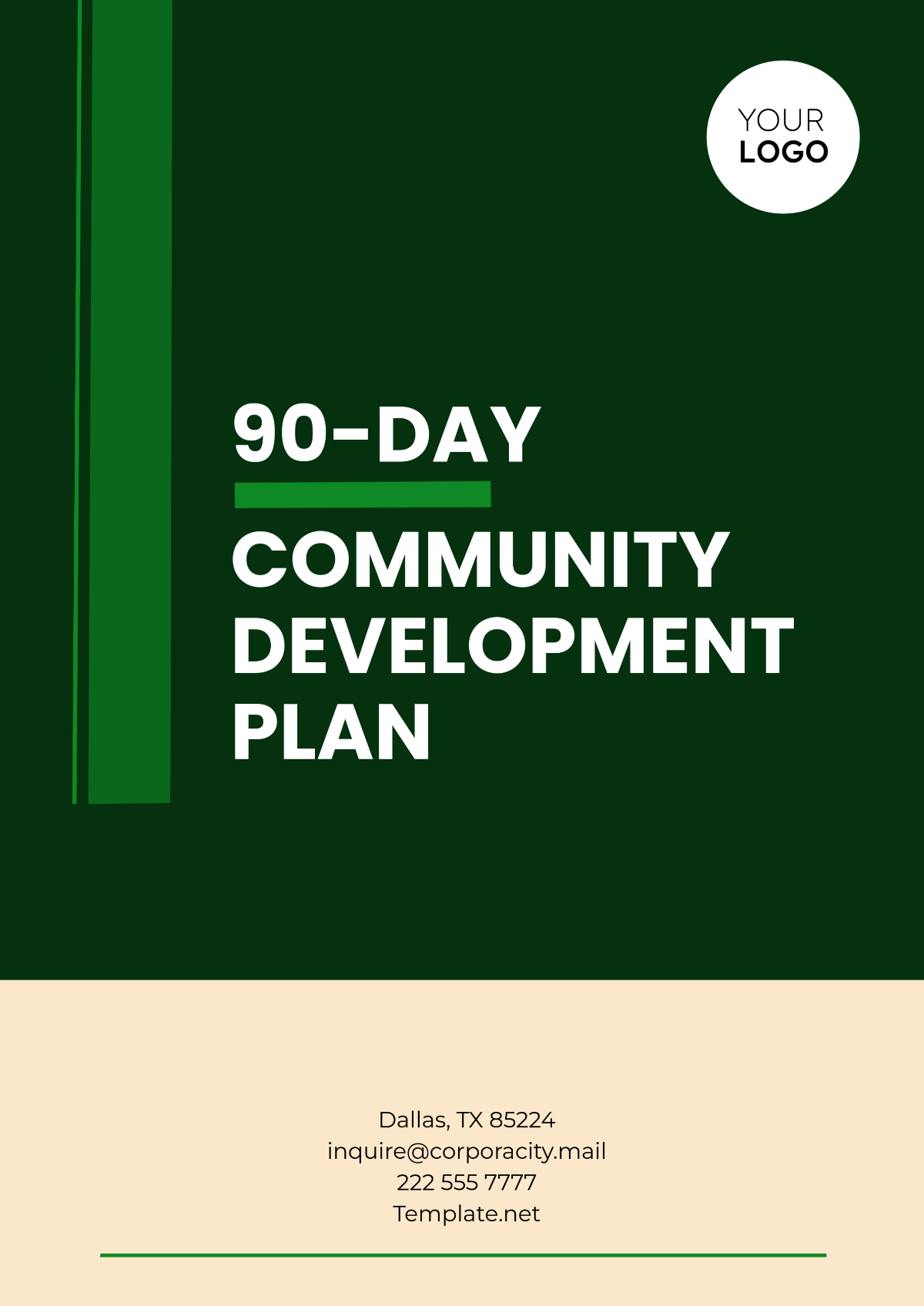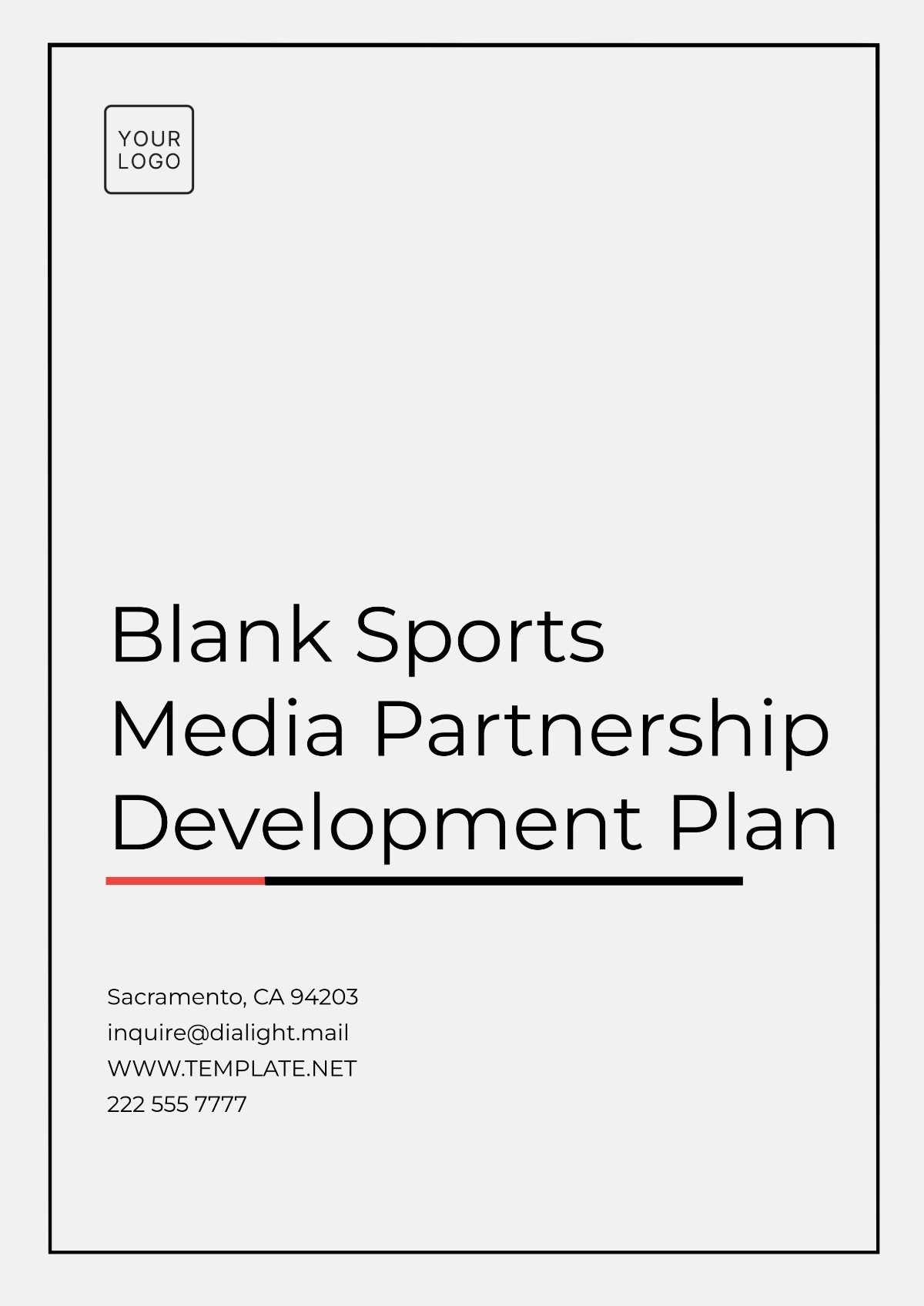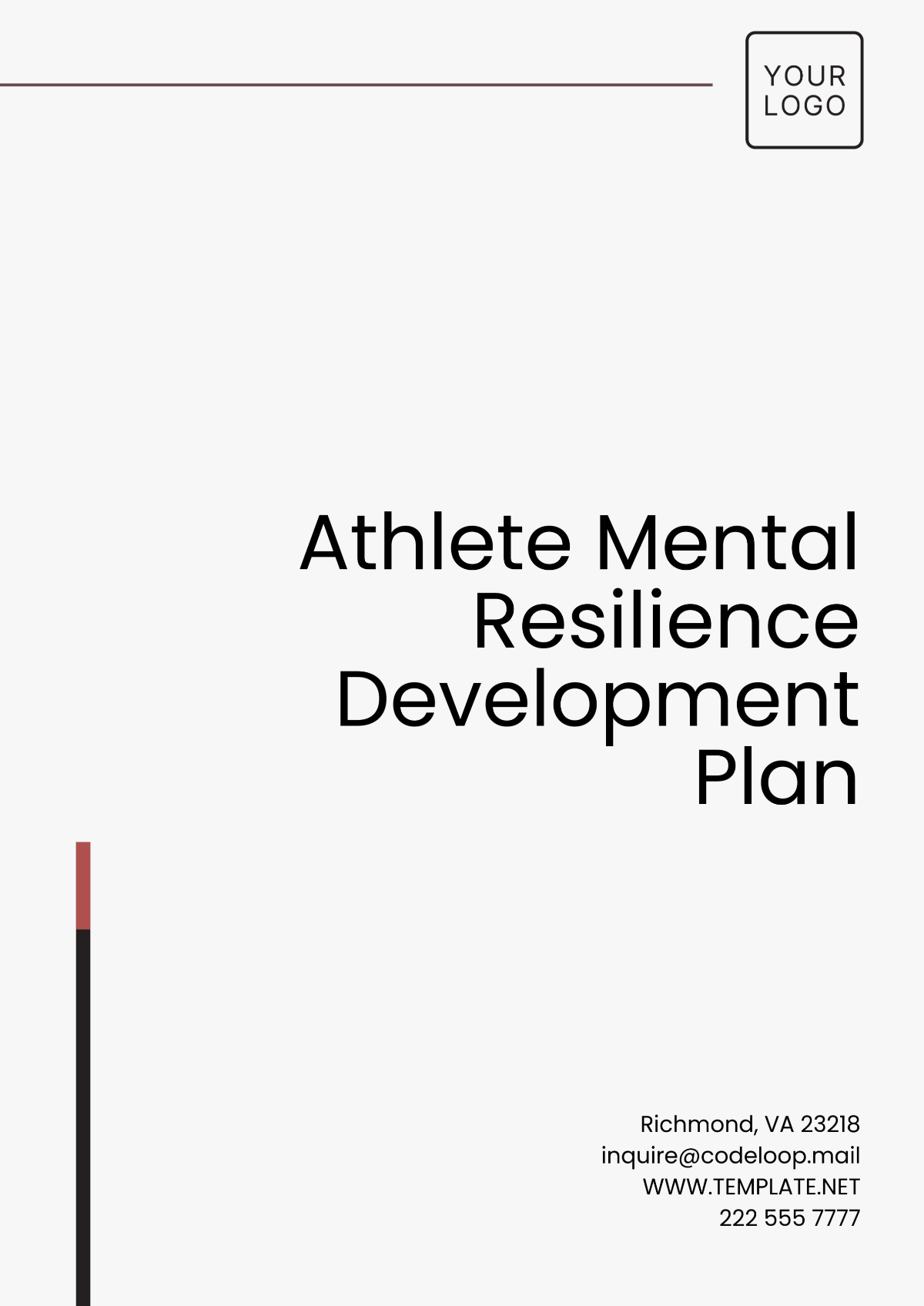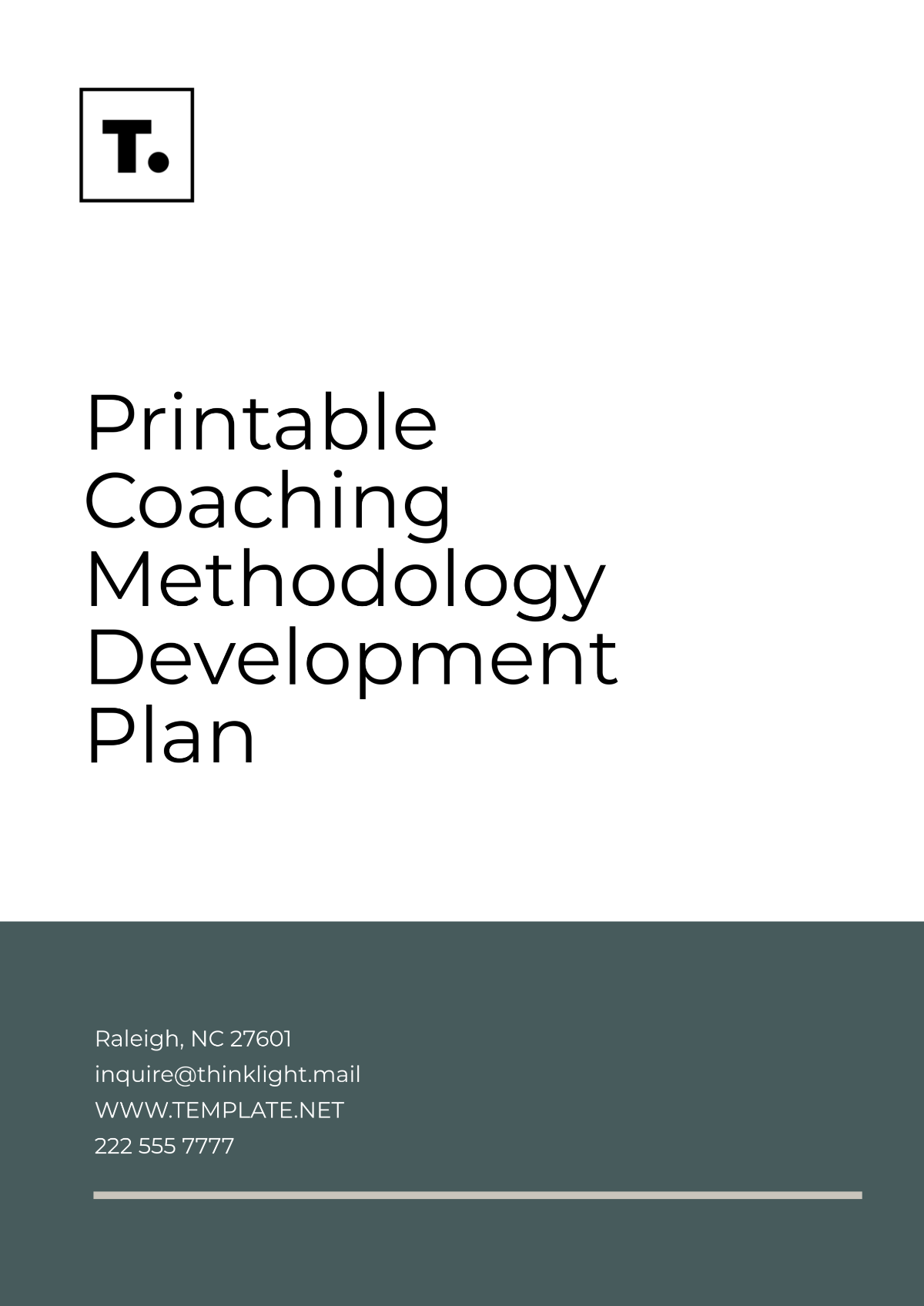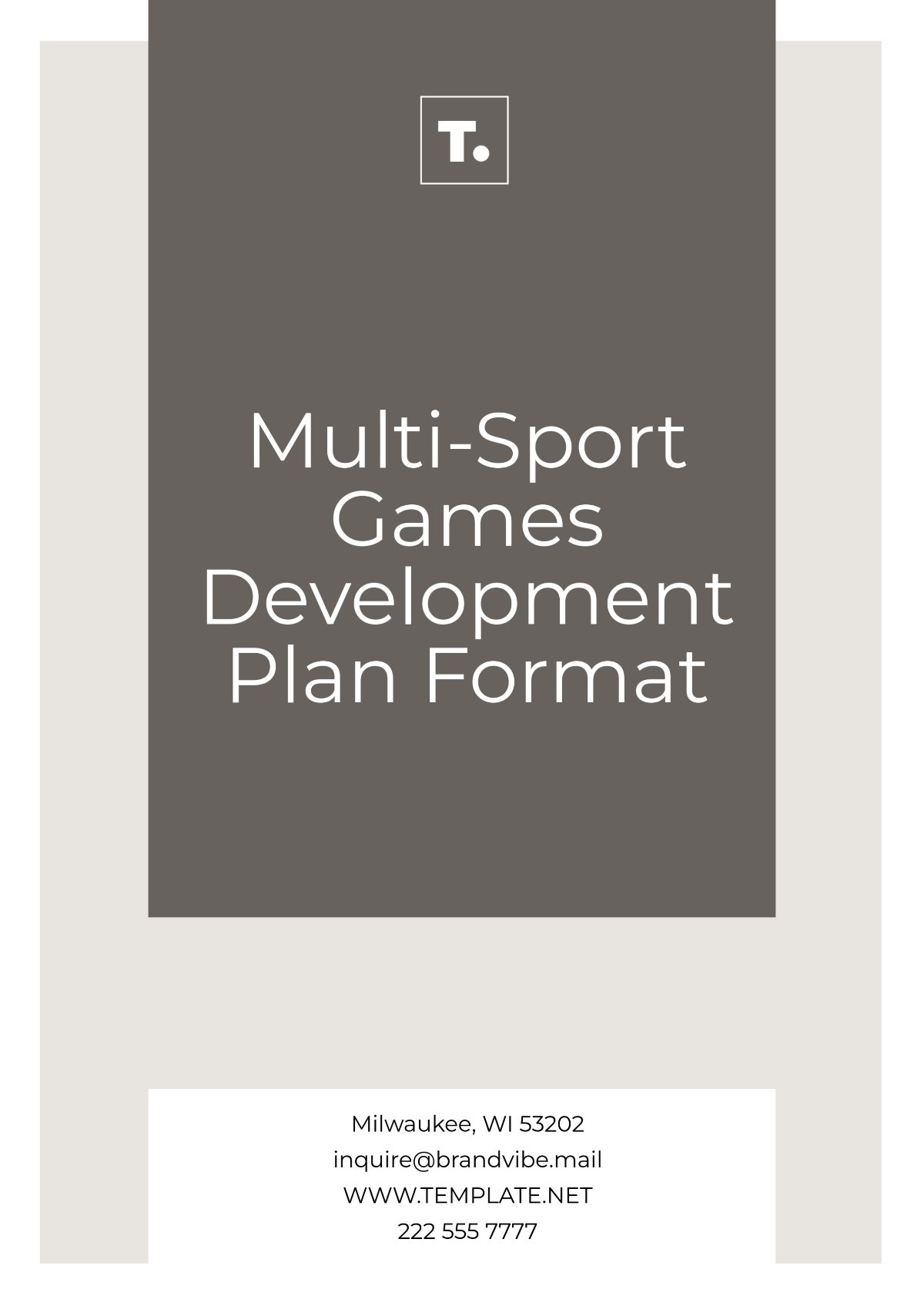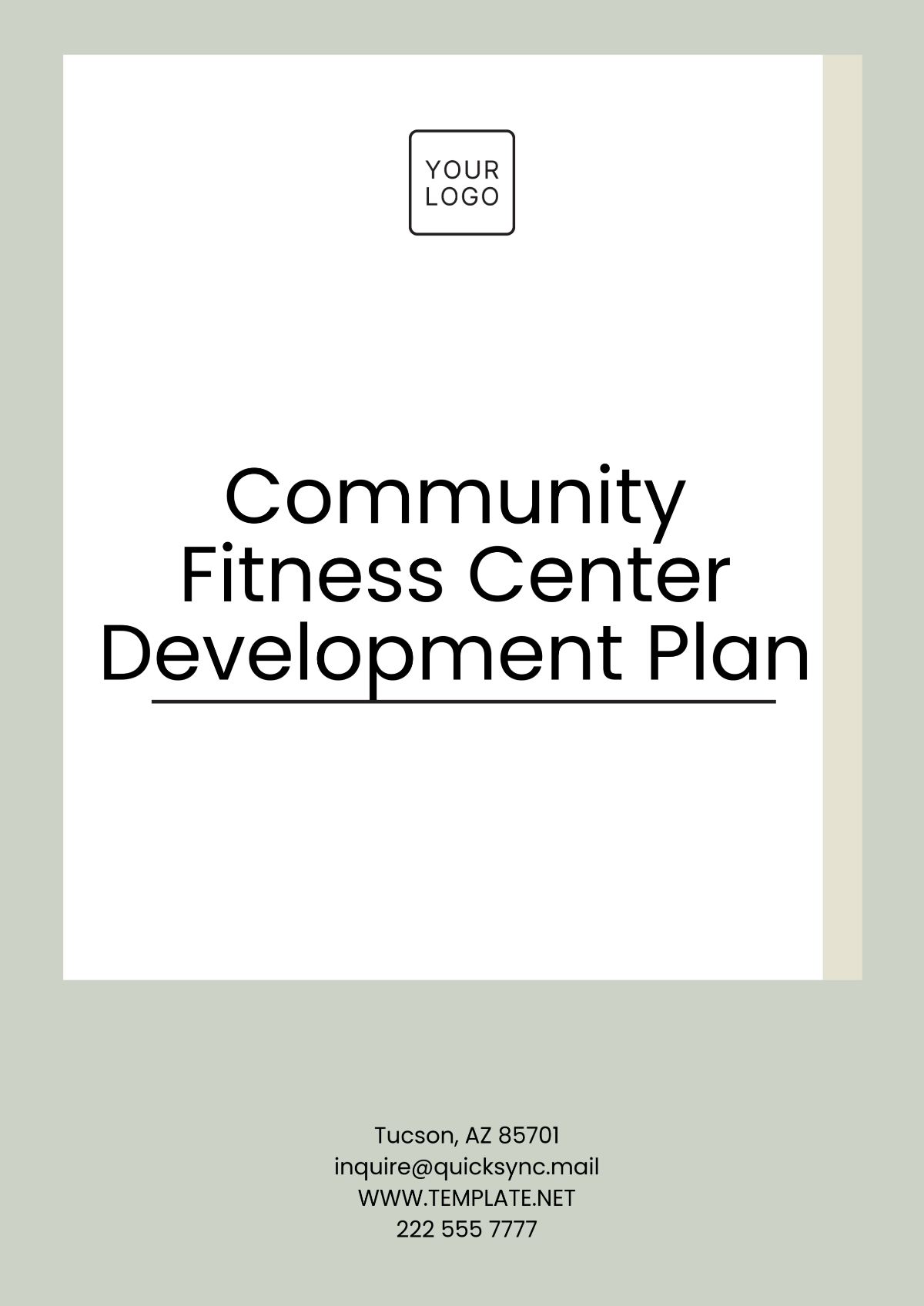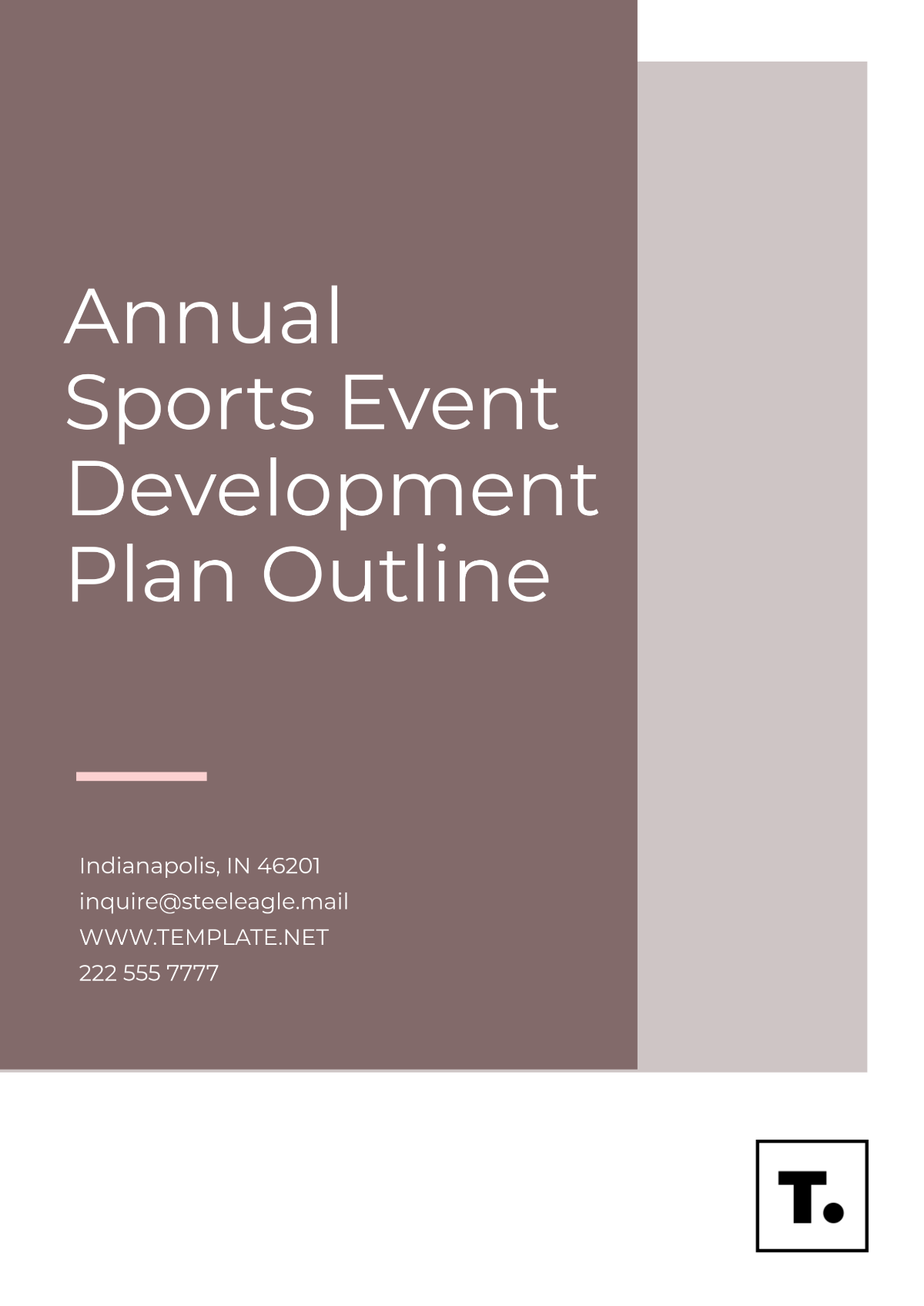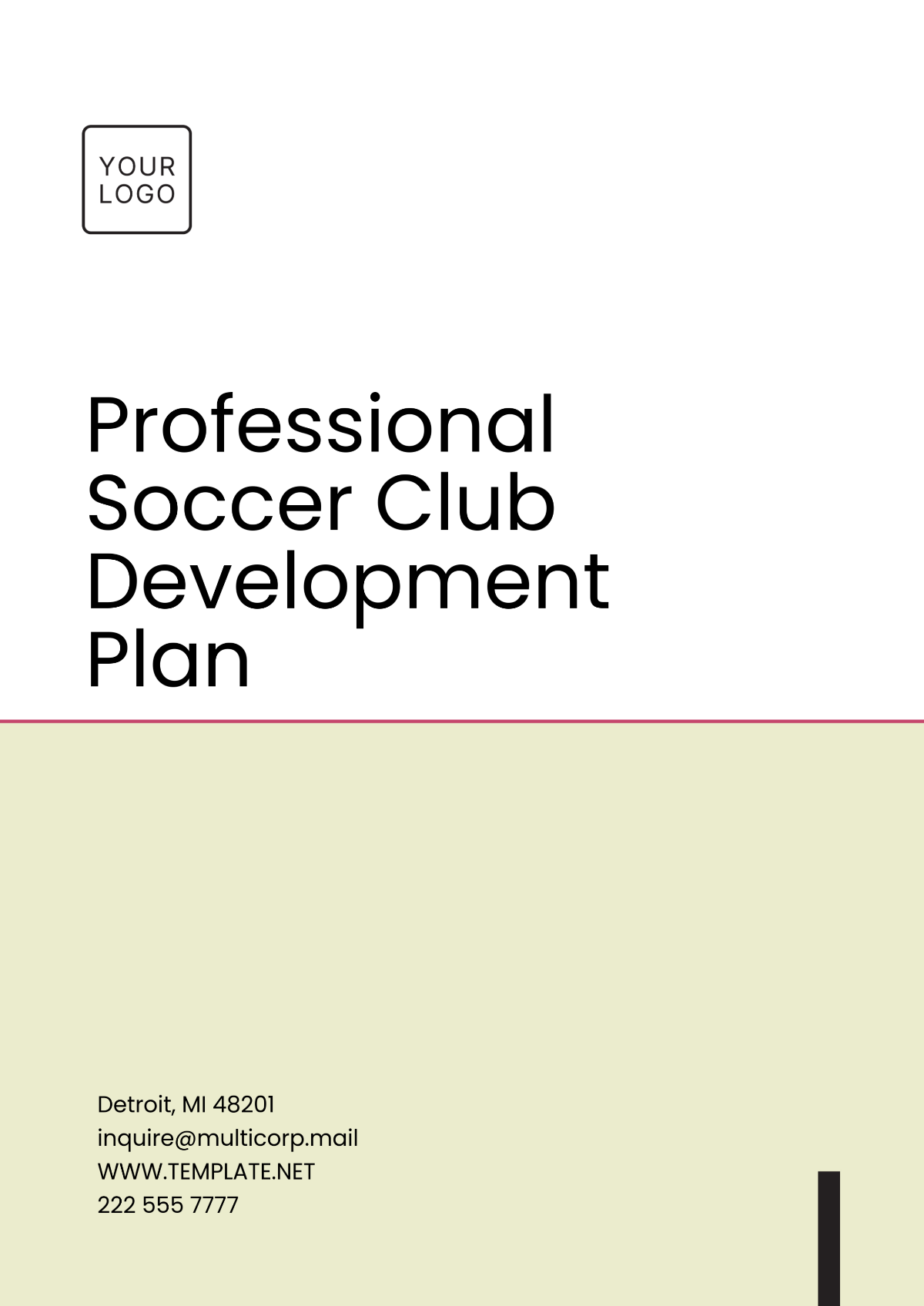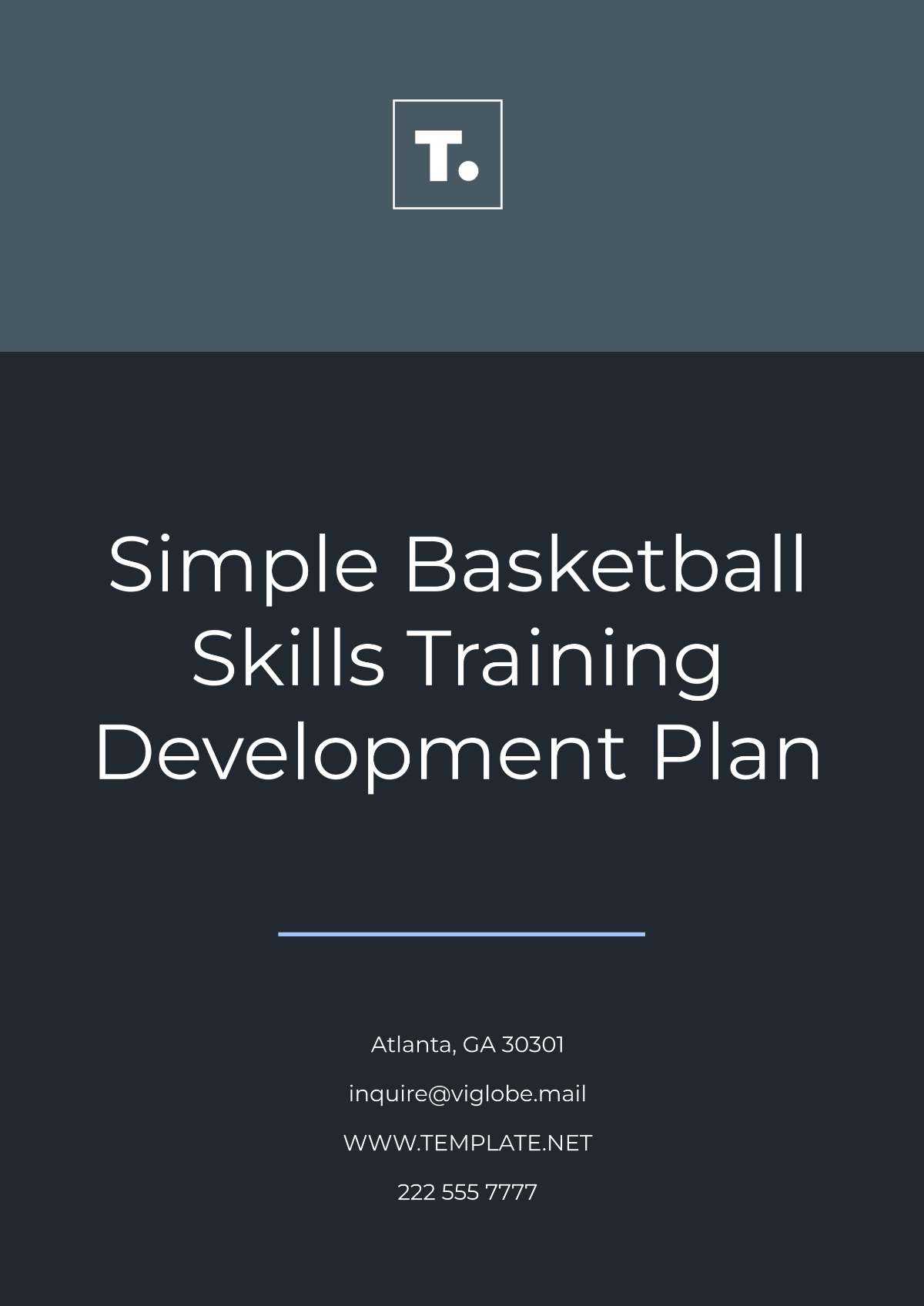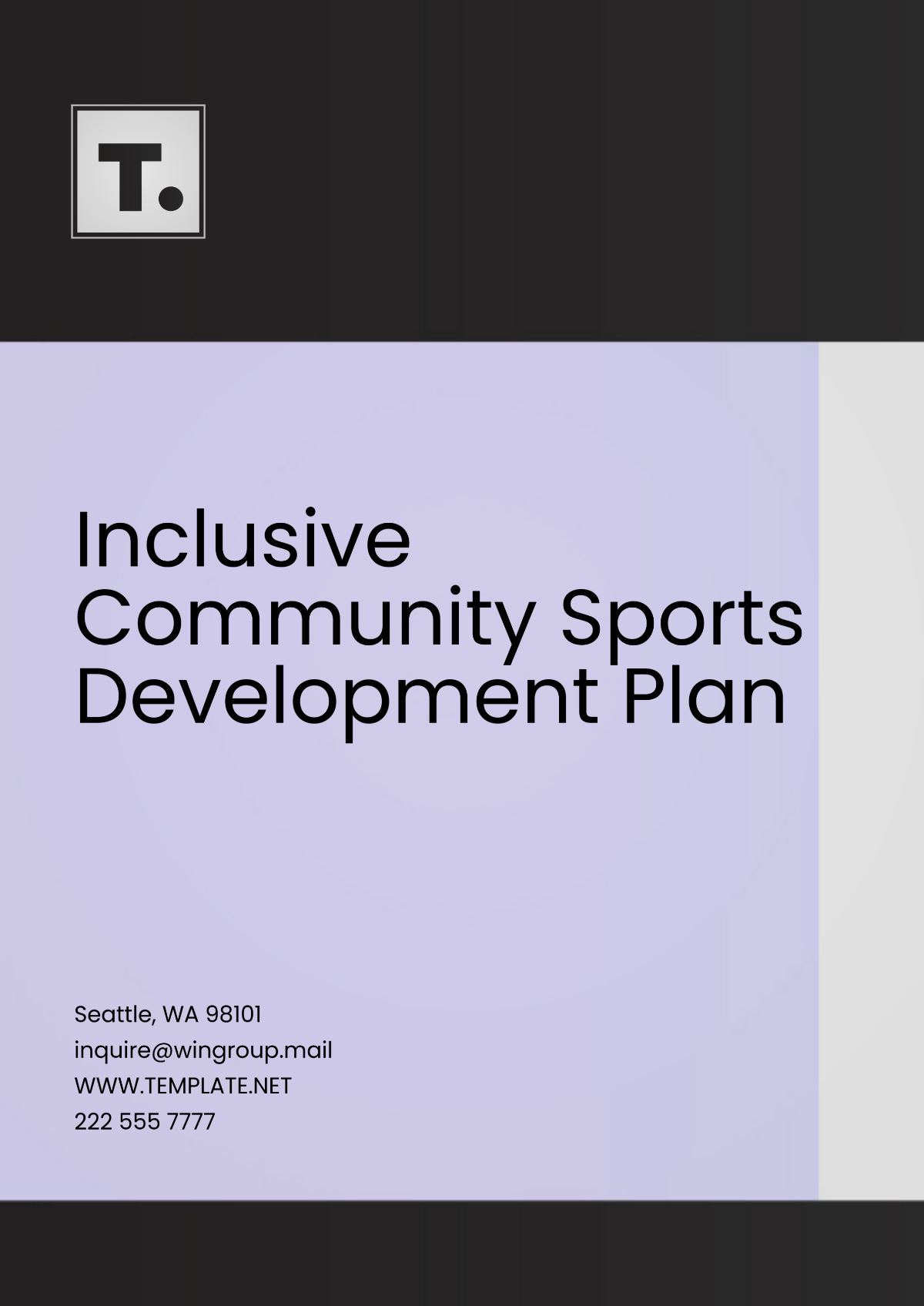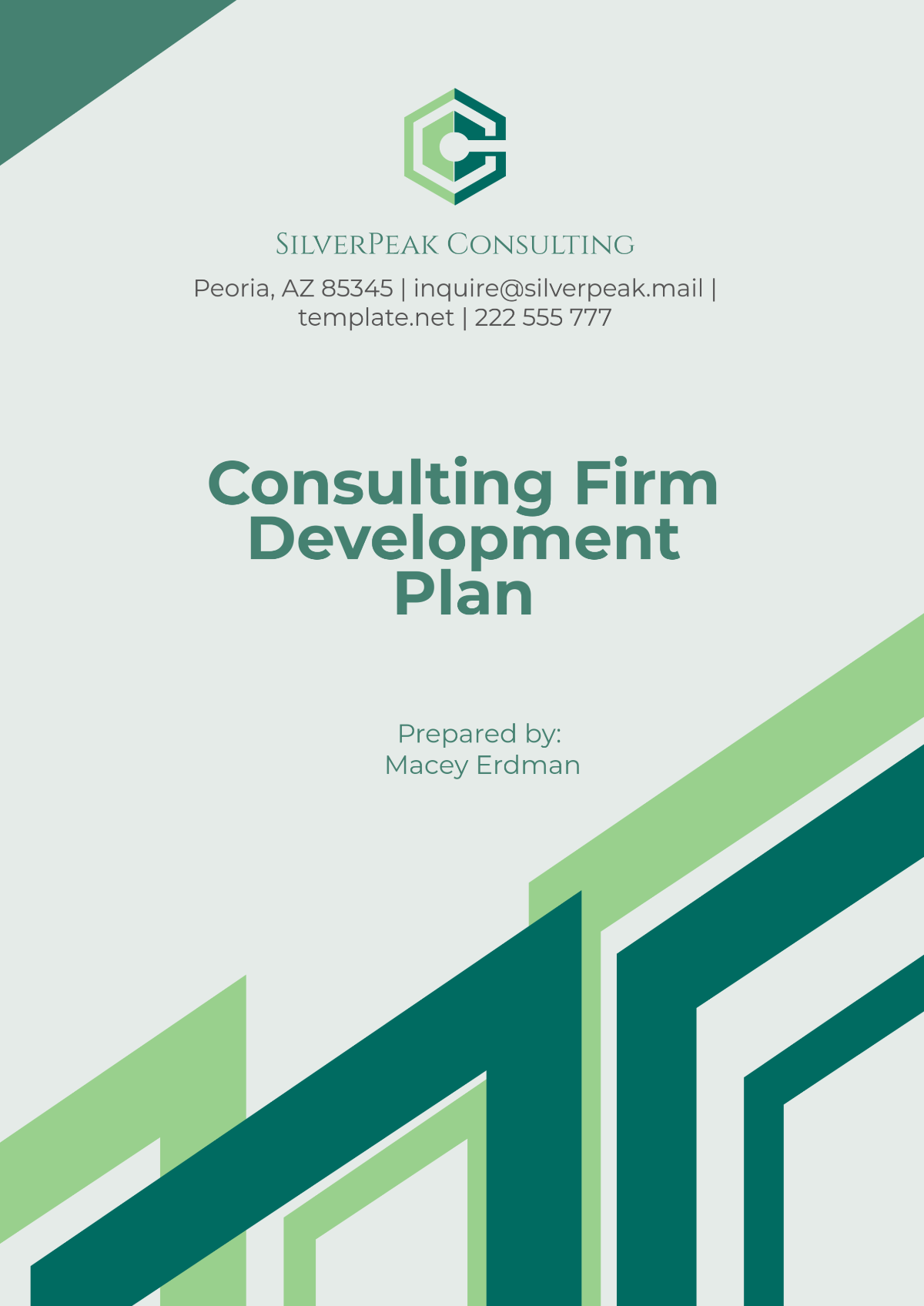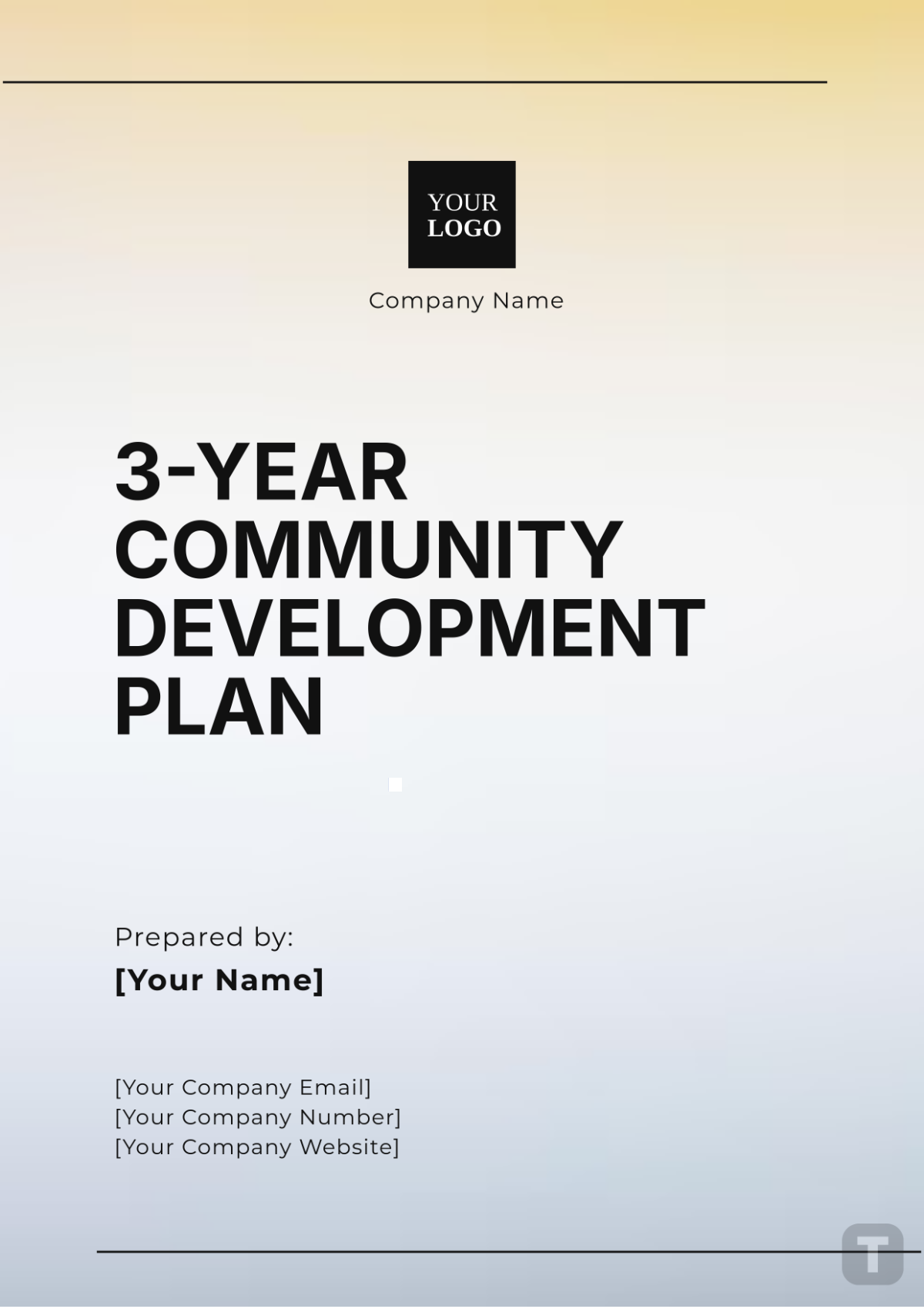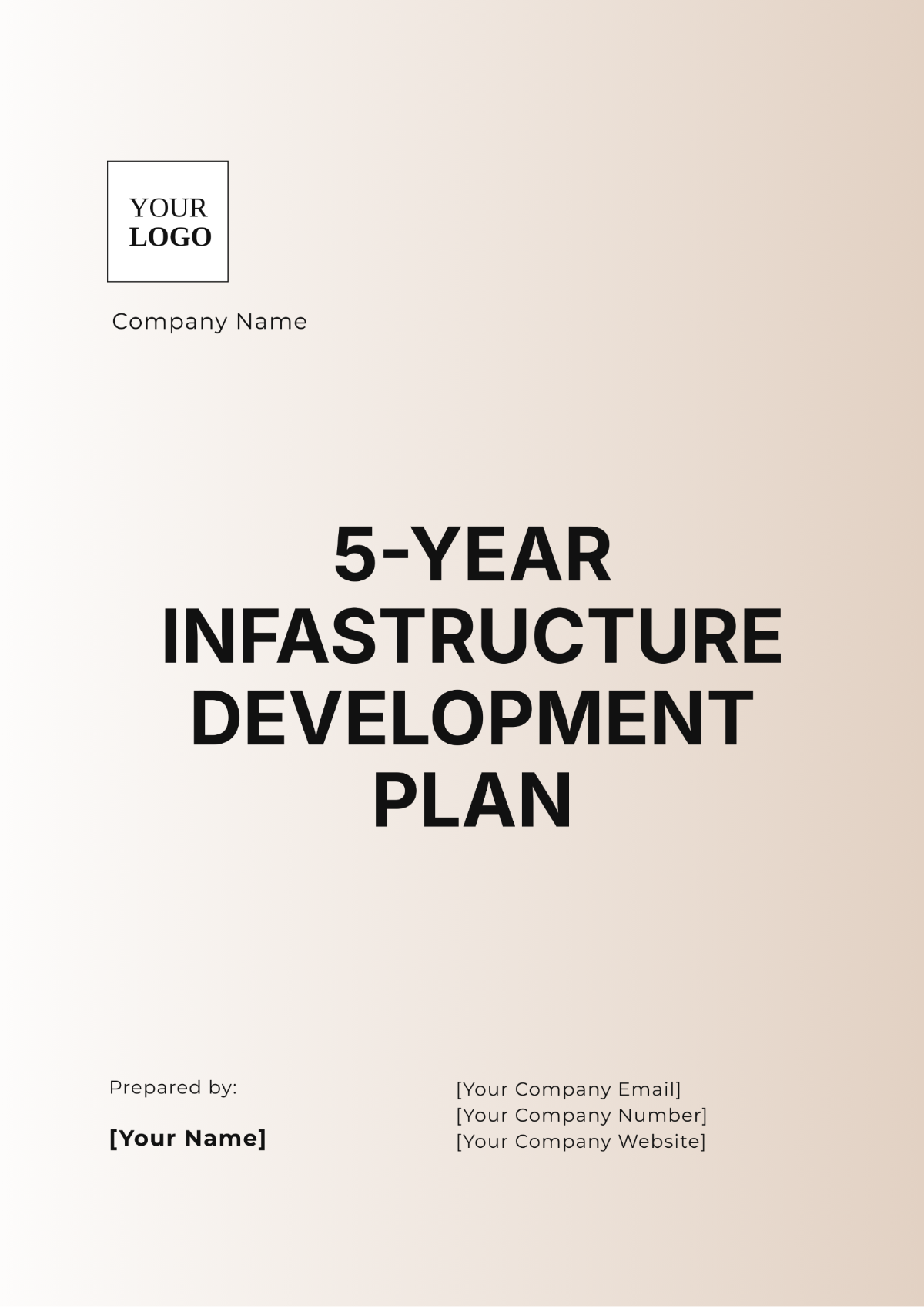Simple Development Plan
Written by: [Your Name]
I. Introduction
Welcome to the Leadership Skills Enhancement Development Plan! This plan is designed to equip individuals with the necessary tools and techniques to become effective leaders in managing teams. Throughout this development journey, participants will explore various aspects of leadership, including communication, motivation, decision-making, and conflict resolution.
II. Self-Assessment
A. Understanding Leadership Styles
In this section, participants will assess their current leadership styles and identify areas for improvement.
Leadership Style Assessment: Complete the attached leadership style assessment to determine your dominant leadership approach.
Date: April 1, 2050
Facilitator: [Your Name]
Reflection and Goal Setting: Reflect on your assessment results and set specific goals for enhancing your leadership skills.
Date: April 5, 2050
Facilitator: [Your Name]
III. Building Core Leadership Competencies
A. Effective Communication
Effective communication is crucial for successful leadership. This section focuses on enhancing communication skills to convey ideas clearly and motivate team members.
Communication Workshop: Participate in a workshop on active listening, feedback delivery, and non-verbal communication.
Date: April 10, 2050
Facilitator: [Your Name]
Role-Playing Exercises: Engage in role-playing exercises to practice different communication scenarios and receive constructive feedback.
Date: April 15, 2050
Facilitator: [Your Name]
B. Motivation and Team Engagement
Motivating team members is essential for maintaining high morale and productivity. This section explores techniques for inspiring and engaging teams.
Motivational Strategies Seminar: Attend a seminar on various motivational theories and practical strategies for team motivation.
Date: April 20, 2050
Facilitator: [Your Name]
Team Building Activities: Organize team-building activities to foster camaraderie and strengthen team bonds.
Date: April 25, 2050
Facilitator: [Your Name]
IV. Decision-Making and Problem-Solving
A. Strategic Decision-Making
Leaders often face complex decisions that require strategic thinking and analysis. This section delves into techniques for effective decision-making.
Decision-Making Simulation: Participate in a decision-making simulation to practice evaluating alternatives and making informed choices.
Date: May 1, 2050
Facilitator: [Your Name]
Case Studies Discussion: Analyze real-life case studies to understand the implications of different decision-making approaches.
Date: May 5, 2050
Facilitator: [Your Name]
B. Creative Problem-Solving
Leadership involves navigating challenges and finding innovative solutions. This section focuses on developing creative problem-solving skills.
Brainstorming Session: Conduct a brainstorming session to generate creative solutions to current organizational challenges.
Date: May 10, 2050
Facilitator: [Your Name]
Design Thinking Workshop: Explore the principles of design thinking and apply them to solve complex problems within your team.
Date: May 15, 2050
Facilitator: [Your Name]
V. Conflict Resolution and Team Management
A. Managing Conflict
Conflict is inevitable in team environments, but effective leaders can manage it constructively. This section provides strategies for resolving conflicts and maintaining team harmony.
Conflict Resolution Training: Attend a training session on conflict resolution techniques, including negotiation and mediation.
Date: May 20, 2050
Facilitator: [Your Name]
Role-Playing Scenarios: Engage in role-playing scenarios to practice resolving conflicts in a simulated team environment.
Date: May 25, 2050
Facilitator: [Your Name]
B. Team Dynamics and Performance Management
Understanding team dynamics and effectively managing performance are essential for leadership success. This section explores tools and approaches for optimizing team performance.
Team Dynamics Assessment: Conduct a team dynamics assessment to identify strengths and areas for improvement within your team.
Date: May 30, 2050
Facilitator: [Your Name]
Performance Feedback Sessions: Schedule regular performance feedback sessions with team members to provide guidance and support for their professional development.
Date: June 5, 2050
Facilitator: [Your Name]
VI. Conclusion
Congratulations on completing the Leadership Skills Enhancement Development Plan! By actively participating in each module and applying the acquired knowledge and skills, you are well-positioned to lead your team with confidence and effectiveness.
